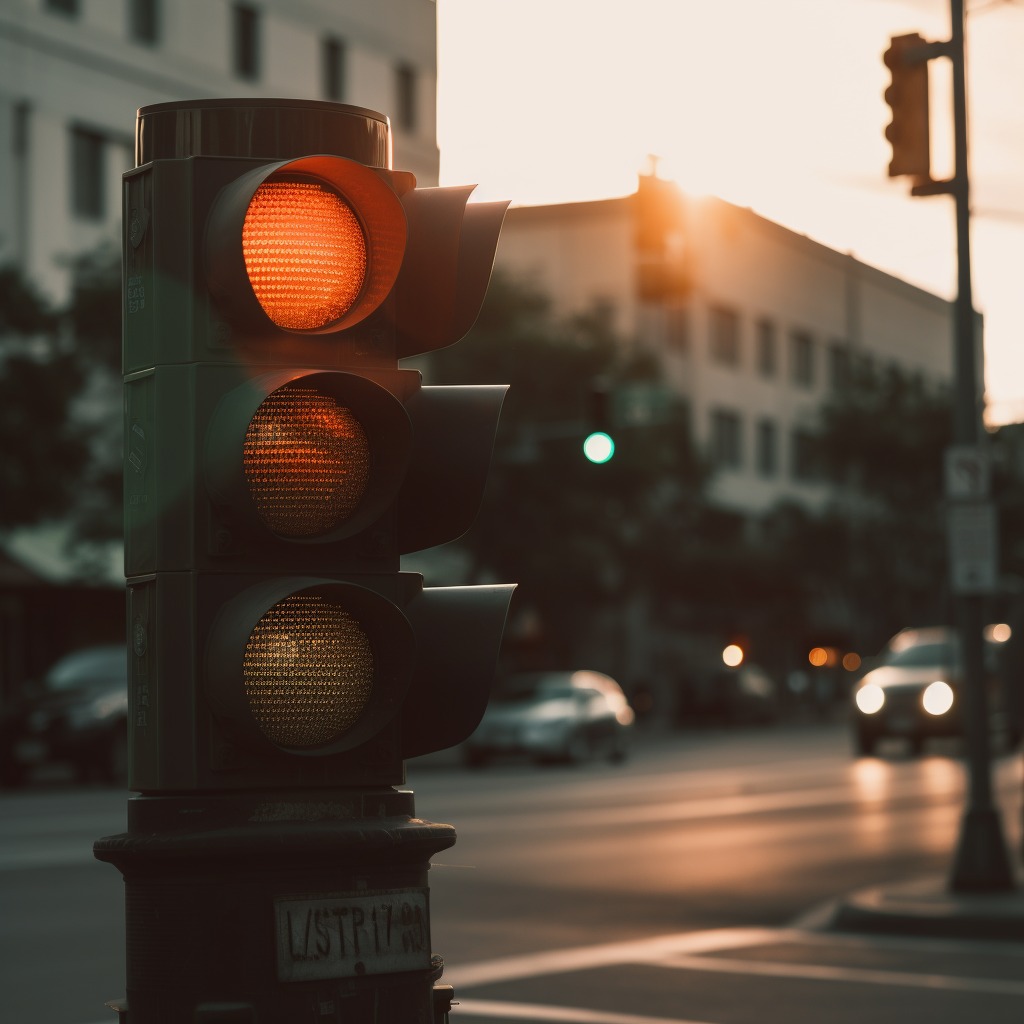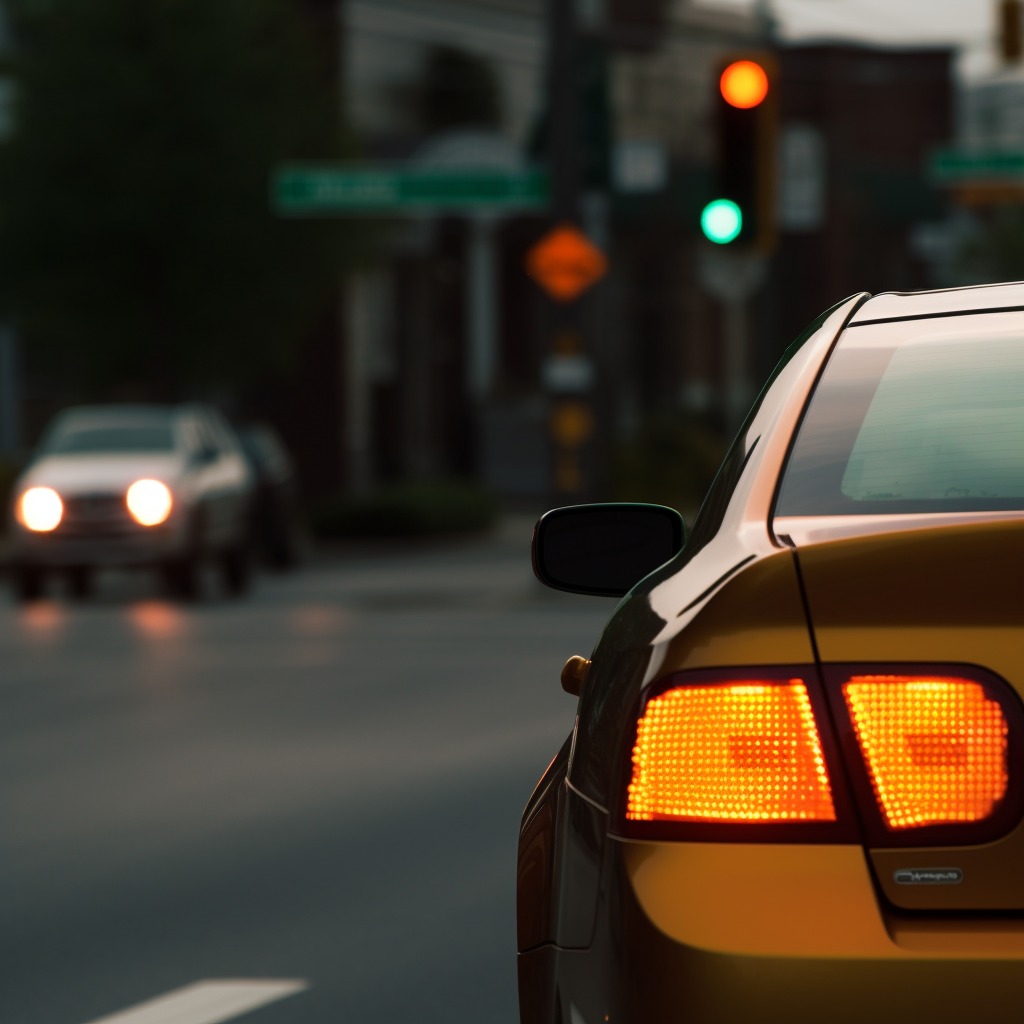Why Does My Car Jerk When I Stop?
If your car jerks when you come to a stop, it can be frustrating and alarming. This is a common issue that can occur in any type of vehicle, whether it’s old or new. There are several reasons why this might be happening, and it’s important to identify the root cause so you can address it before it turns into a bigger problem.
- Transmission Problems
One of the most common reasons for a car jerking when stopping is transmission problems. This can be caused by low transmission fluid levels, a clogged filter, or worn-out gears. When the transmission is not working properly, it can cause a jerking motion as you come to a stop. If you suspect that your transmission is the culprit, it’s important to take your car to a mechanic as soon as possible to prevent further damage.
- Brake Problems
Another common cause of a jerking car when stopping is brake problems. This can be caused by worn-out brake pads, a damaged rotor, or a malfunctioning brake system. When the brakes are not functioning properly, it can cause a jerking motion as you come to a stop. It’s important to have your brakes inspected regularly and to replace any worn-out components to ensure that they are working correctly.
- Engine Problems
Engine problems can also cause your car to jerk when you come to a stop. This can be caused by issues with the fuel system, such as a clogged fuel filter or a malfunctioning fuel pump. It can also be caused by a dirty or malfunctioning idle control valve. When the engine is not running smoothly, it can cause a jerking motion as you come to a stop.

- Suspension Problems
If your car is jerking when you come to a stop, it’s possible that you have suspension problems. This can be caused by worn-out shocks or struts, which can cause the car to bounce and jerk as you come to a stop. It’s important to have your suspension inspected regularly and to replace any worn-out components to ensure that your car is safe to drive.
- Tires
Finally, it’s possible that your car is jerking when you come to a stop because of issues with your tires. This can be caused by worn-out tires, improper tire pressure, or an alignment issue. When the tires are not working properly, it can cause a jerking motion as you come to a stop. It’s important to have your tires inspected regularly and to replace them when necessary.
In conclusion, a car jerking when you stop can be caused by a variety of issues, including transmission problems, brake problems, engine problems, suspension problems, and issues with your tires. If you’re experiencing this issue, it’s important to identify the root cause and to address it as soon as possible to prevent further damage to your car. Always have your car inspected regularly by a qualified mechanic to ensure that it is safe to drive.

